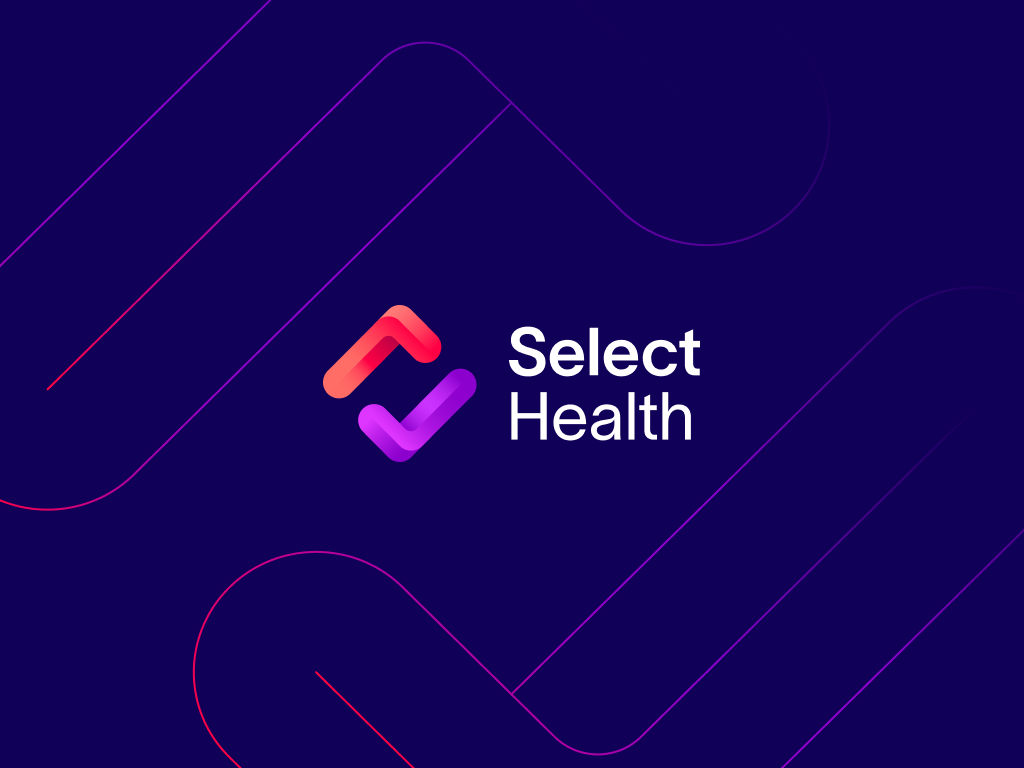Your eyes work really hard, but we don’t often think about how much they do for us. Amazingly, more than 50% of the surface of the brain is used just to process visual information. In turn, eyes need our help keeping them healthy. Here are seven things your eyes need to help them function normally.
1. EAT FOR YOUR EYES
Eyes, like the rest of your body, need the right foods to maintain their health. Eating healthy involves eating the right things as well as eating other things in moderation. Vitamins and nutrients that are good for your eyes include:
- Carotenoids – yams, cantaloupe, tomatoes, carrots, mangoes, squash, pumpkin
- Vitamin C – broccoli, kale, citrus fruits, bell peppers, Brussels sprouts, berries
- Vitamin A – beef liver, chicken liver, seafood, cod liver oil, egg yolk
- Vitamin E – sunflower seeds, almonds, avocado, olive oil, other nuts
- Lutein and Zeaxanthin – egg yolk, swiss chard, spinach, kale, pistachios, parsley, green peas, red grapes
- Omega 3 fatty acids – fish, oysters, chia seeds, flaxseeds, walnuts, soybeans
Processed foods and foods made with refined carbohydrates, added sugars, or seed oils (e.g., canola, soybean, corn) may not be good for your eyes.
2. ALWAYS WASH AND DRY YOUR HANDS WHEN YOU PUT IN CONTACTS
Most contact users know how important it is to wash their hands before putting in contacts, but they may not think as much about drying their hands. Tap water is not good for your eyes—it has bacteria in it that can contribute to illness and create some major problems. The saline level of tap water is also different than that of your tears. So, in general, unless it’s an emergency and you must rinse your eyes, avoid getting tap water on your contacts or in your eyes.
3. WEAR SUNGLASSES
Like your skin, your eyes also need to be protected from UV rays. Find sunglasses that block out 99 to 100% of UVA and UVB rays.
4. USE THE 20-20-20 RULE FOR SCREEN TIME
Screens are wearing for your eyes. After 20 minutes of screen time, the National Eye Institute recommends taking a break to look ahead 20 feet for at least 20 seconds. This helps with the strain that screens put on your eyes.
5. PAY ATTENTION TO ANY EYE PAIN
Even slightly irritated eyes may indicate you have a corneal ulcer, which are open sores on your cornea. Infection causes these ulcers, and because contacts can introduce germs into your eyes, contact lens wearers are particularly susceptible to getting them. If ignored, these can create long-term problems for your eyes.
These other signs could mean you have a corneal ulcer:
- Being sensitive to looking at light
- General pain in your eye
- Swollen eyelid
- Red eye
- A visible white round spot on the eye
- Blurry vision
- Feeling like there is something in your eye
- Tears or discharge coming from your eye
6. DON'T SKIP EYE EXAMS
With the ability to order contacts and inexpensive glasses online, it’s become increasingly easier to push eye exams aside. But so much of our eye health isn’t visible, and you may have experienced damage to your eye (such as a corneal ulcer) without realizing it. That’s why regular eye exams are important in every stage of life.
7. DON'T SMOKE
You’re probably familiar with the risks associated with smoking like lung cancer, heart disease, and cancer, but you may not be aware of the harmful effects that smoking can have on your eyes. Smoking increases your risk of macular degeneration, cataracts, and optic nerve damage. Smoking is just bad news for your eyes (and for the rest of your body, too).
Your eyes don’t ask for much, but these seven little things can give them the reward of health they deserve.
Related Articles

